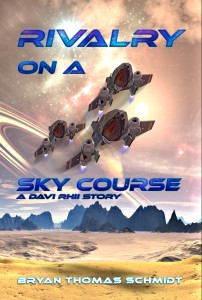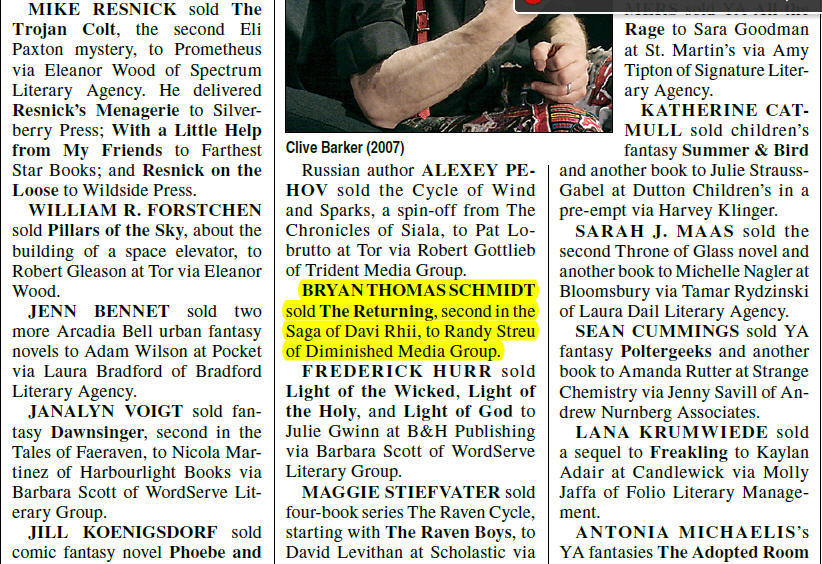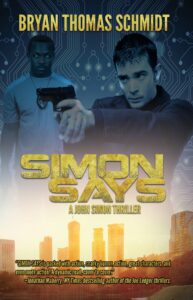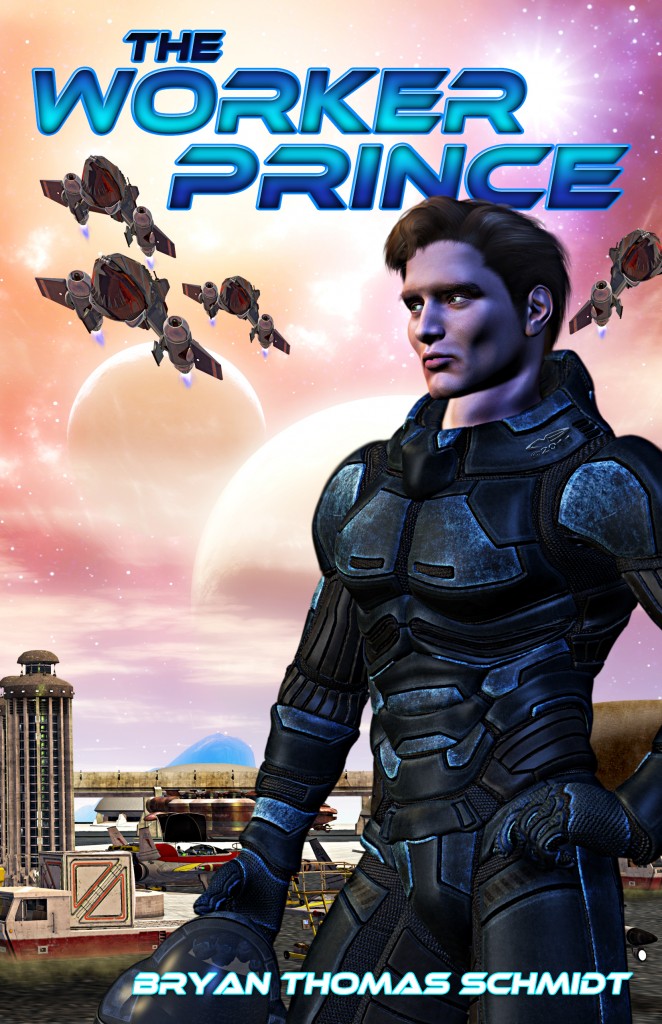







1 ) Take Your Time — It’s easy to be impatient and rush. After all, copyediting isn’t the most exciting stage of the process. And again, you’ve already been over it so many times, the words just start blending together. But this is your last chance to avoid embarrassing mistakes you might regret later. So work at the pace you need to in order to pay attention to the details, even if that means taking a break every few pages.
2 ) Read It Aloud — I don’t sit down and read every word of my novels out loud. That’s hard to find time for. But I have friends who do that. I do read aloud scenes after I write them, and I read aloud passages which pop out at me in later drafts. If it raises a question mark, I read it aloud. Run-on sentence? Read it aloud and see if you run out of breath. Awkward phrasing? Read it aloud and you’ll know for sure. Missing punctuation? Reading aloud will verify that, too.
3 ) Print It Out — Yes, I know. Cartridges and paper cost money. But if your galleys don’t come printed, it’s a good idea to print them yourselves. If you spend as much time each day staring at a computer screen as I do, you’ll understand how your eyes can begin to glaze over after a while and really affect your concentration. Copyediting required solid focus and full attention. Having the whole page in front of you without the back lighting, can really help you with this. It also makes it easier to get context and catch repetitive words or phrases. You can read aloud without scrolling. And you can flip back more easily to compare passages if the need arises.
4 ) Posture Makes A Difference — When you’re dealing with details and need focus, it’s not the time to lay on your bed or relax in a lounge chair. This posture sends signals to your body that it’s time to relax and your attention span tends to relax along with it. Seated in a good, straight-backed chair at a desk or table is a much better place for copyedits. It sends signals to your mind that it’s time to be alert and pay attention. And it really can make it easier to get the focus you need.
5 ) Plan Your Time — Through trial and error you probably have learned when your best creative times are; when you’re at your finest focus and most productive. Right after lunch when you’re needing a nap, for example, is not the time for detail work. Neither is anytime you’re riled up emotionally (angry, sad, frustrated, elated, etc.) For me, my most focused creative time tends to be from 7 a.m. to 12 noon daily. I get occasional spurts between 3 and 7 at night as well. But mornings are the times I can get the most done, so they are sacred for writing. Additionally, I edit well during the 3-7 window, post-nap and 1 mile walk with my dogs. So that is a time when I can concentrate well enough to take on editing, if my writing time was needed for wordcount that day. Experiment. Find your ideal times and guard them zealously. Plan appropriately so your copyediting will be most effective.
6 ) If It’s Not Obvious, Make A Note — There’s nothing worse than having an editor or publisher ask you questions about your copyedits and not being able to remember what you were thinking at the time. Some edits are obvious on the page. Others are not. Don’t count on your memory to keep it straight. There may be a delay before your editor or publisher has time to go through them, and if you’ve moved all your focus on to another project, you may not remember why you did what you did. If the change is not self-evident at the time you make it, write a note for future reference.
7 ) It’s Called CopyEdits Not ReWrites — All writers have a tendency to be their own worst critics. Typos, grammar, etc. are obvious copyedits. So are repetitive words and unclear passages. But what if you suddenly decide your writing is subpar and get an urge to start fixing a lot more? Your editor and copyeditor have put a lot of time into this, and your manuscript has been approved for moving through the final stages. It costs money and time. They are not going to be enthusiastic about having to start over from scratch. In fact, they have other projects and deadlines and probably don’t have the time. Turning in a copyedited manuscript that’s so marked up it’s practically a new draft does not impress them with your diligence. Instead, it may piss them off. So remember, it’s a copyedit, not a rewrite. If something really bothers you and it’s a complicated change, include it in your notes and inquire about it later. They will happily change anything that you validly point out is worth fixing. But copyedits are for tweaking, not page by page redrafts.
8 ) Take Pride In Your Accomplishment — You, more than anyone, know the work that’s gone in to get you to this moment. So many people can only dream of sitting there looking at galleys of their about to be published work. It may not be perfect, but that doesn’t negate the significance of the accomplishment, so it’s okay to enjoy it. Allow the butterflies to dance in your stomach and enjoy seeing your work looking like real book at last. It’s come a long way, so don’t forget to enjoy the moment and be proud of yourself. You deserve it.
Well, those are 8 Tips for Self-Copyediting which I’ve picked up through trial and error as both author and editor. I hope they help you be more effective in the process. Have I left any out? What do you do that I haven’t mention? I’d love to have you mention them in comments so we can all learn from each other. Writers helping writers is what my Write Tips series is all about. For what it’s worth…
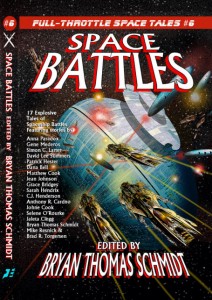


19 5-star & 4-star reviews THE WORKER PRINCE $4.99 Kindle http://amzn.to/pnxaNm or Nook http://bit.ly/ni9OFh $14.99 tpb http://bit.ly/qIJCkS.



